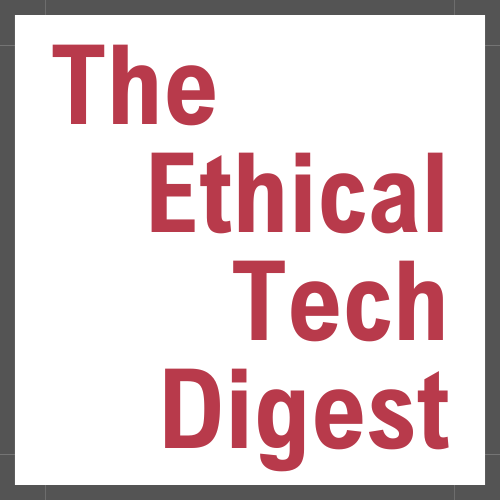🎥 Chris Messina, Inventor: Hashtag (#)
Spotlight on Chris Messina, inventor of the hastag (#), Spring 2022 Cohort Participant, and Fall 2023 Cohort Leader

Today we feature Chris Messina, Spring 2022 cohort participant and Fall 2023 Cohort Leader. Chris is currently an investor in AI, a startup coach, and the most active hunter on Product Hunt. Messina invented the hashtag (#) in 2007 as a way to categorize and track conversations on X (formerly known as Twitter). An early user, Messina saw a need to indirectly label tweets by topic, so others interested could follow the conversation even if they didn't follow the users, and discover tweets based on subject matter.
Messina noticed that the existing number/pound sign (#) was a symbol available on the pre-iPhone devices at the time, and could be used to signify a special kind of tag or label for the content being shared and serve as a simple, visual way to connect tweets to discussions. On August 23, 2007, he made the first hashtagged tweet, which was widely used to track crowdsourced information on the #sandiegofire.
Initially, hashtags were treated as regular text on X, but users quickly embraced them to categorize and connect related conversations. Eventually, X built hashtagged terms into the user interface, allowing people to click on a hashtag to see all other tweets containing that keyword. Hashtag’s use proved useful for surfacing topics, allowed communities to form around shared interests, and enabled breaking news events to be followed in real-time. Hashtags revolutionized how people found and tracked conversations on the then-nascent platform. Through his early adoption of X and the invention of the hashtag, Chris Messina played a pivotal role in shaping how social media is used to connect people and information.
Following X's lead, other platforms embraced the power of hashtags. In 2010, Instagram (then independent from Meta, formerly known as Facebook) made hashtags central to content discovery. In 2012, Pinterest creators were using them to organize and discover boards and pins by theme. In 2013, YouTube enabled hashtags in keyword search functionality. The next year, in 2014, Meta completed its rollout, which had begun in 2011. Notably, Snapchat introduced "Snaptags" in 2014, similar to hashtags but specifically designed for their disappearing content format. In 2016, the professional networking platform LinkedIn adopted hashtags, and TikTok was founded with hashtags as a central element in content discovery. This widespread adoption across diverse platforms underscores the lasting impact of hashtags in fostering discoverability, building communities, and promoting trends online. The hashtag has also been used to galvanize public discourse.
“Hashtag #MeToo was this crazy moment for me, obviously, observing the adoption of this tool and this technology to share stories that had been there for thousands of years, but previously were either sequestered or squelched by people in power who didn't want those stories to necessarily be told. Just by virtue of the kind of echoing in the chamber of that noise and that sound, suddenly the narrative blows open as the chorus rises up at the same time. Now, could I have predicted that in 2007 when I proposed the idea for the hashtag, it would become an essential way that we can organize conversations online? Probably not. But it did.” - Messina
In the current age of AI, hashtags remain relevant. As Chris explains, “the hashtag still offers social media contributors a unique and valuable way to promote awareness of topics that may otherwise go under-reported or that may otherwise not gain traction organically. It's unclear how generative AI and the hashtag will complement one another, but it is the case that if you ask ChatGPT to write X-style posts, it'll add hashtags for you! I'd consider many of those tags to be superfluous, but plain text is undefeated when it comes to giving humans a dependable medium to raise their voices.”
While many might seek a way to profit personally from such a momentous innovation, Chris has remained deeply rooted in his commitment to the greater good, saying, “As for IP — well, I swore off any kind of protection years ago because the hashtag should be of – and for – the web. It's a public resource, not property.”
This approach is aligned with his commitment to the ethical use of technology, the focus of the Stanford course that he participated in as a participant in 2022, and a cohort leader in 2023. Reflecting on his experience, Chris highlighted his perspective on the interconnected nature of contemporary technology: “The course provided a unique and useful context to come together, share experiences and strategies for amplifying prosocial behaviors on social media, and gain a deeper understanding of the responsibilities that each of us plays in shaping social technologies that billions of people rely on.”
Chris Messina can be reached on LinkedIn.
Edited by: Meghan Cochran
